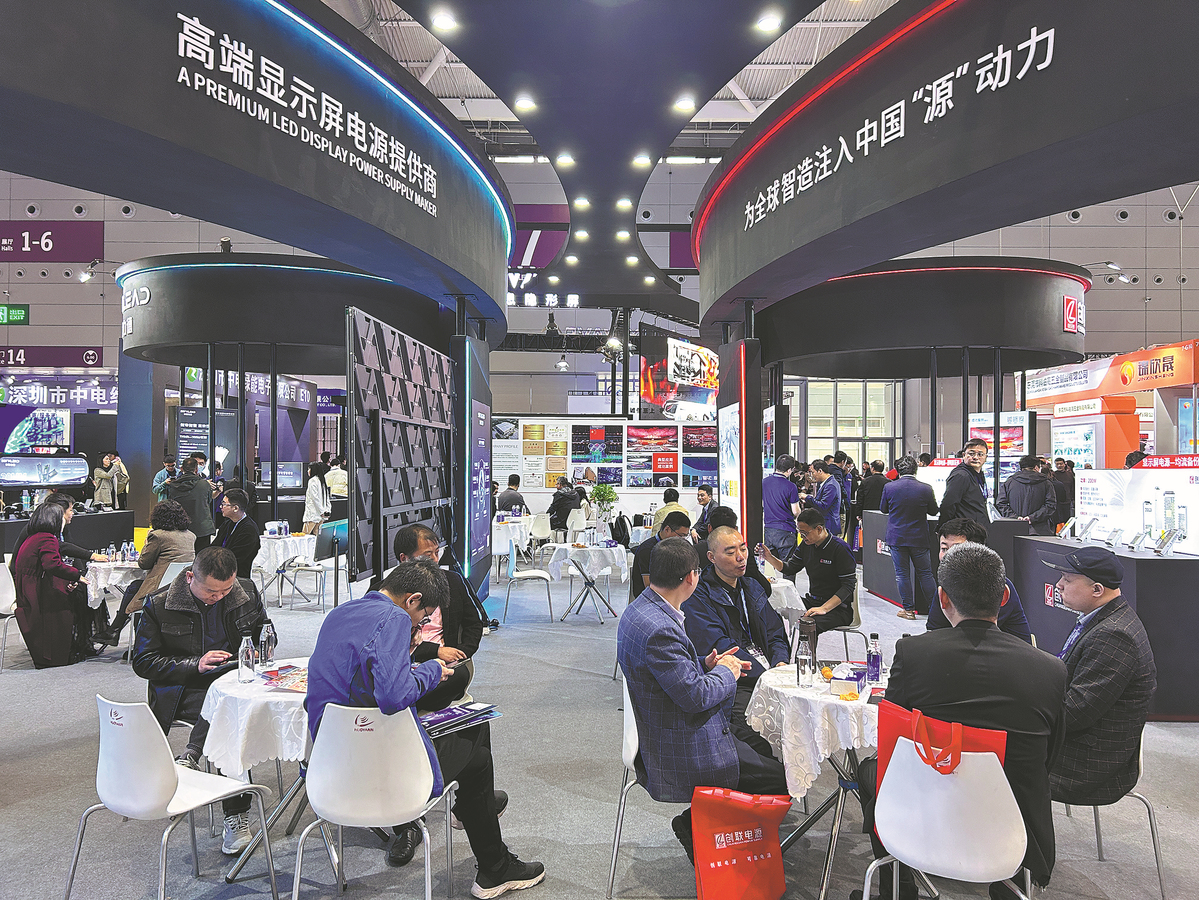Succession questions raised as family firms face hurdles
Inheritors of successful businesses built a generation ago try to cope with economic changes


The heirs to enterprises built by their parents in the 1990s, China's second-generation factory owners are facing a tough decision — should they continue the once-successful family businesses in the face of the changing economic landscape?
More than 80 percent of China's 1 billion private enterprises are family-owned, with about 29 percent of them in traditional manufacturing, according to a report released by the All-China Federation of Industry and Commerce.
From 2017 to 2022, around three-fourths of China's family businesses found themselves in the midst of a leadership transition, marking the largest succession wave in the country's history.
This transition has sparked mixed reactions. While some people criticize the inheritors' effortless road to prosperity, others covet their financial freedom and the golden opportunities handed to them.
Tang Cheng, 32, is the second-generation inheritor of the family-owned Chuanglian Power Supply Technology Co, in Changzhou, Jiangsu province. He graduated from Deakin College in Victoria, Australia, in 2017 with a business management degree and took a six-month internship at an import and export company before joining his family's business.
He acknowledges he has "effortlessly reaped the benefits" of his life and accepts his destiny. "Since I don't have any particularly outstanding abilities or distinctive traits, why shouldn't I pursue something with great development prospects, even if it might not be something I'm especially interested in?" said Tang.
Founded in March 2000, the national-level company focuses on displays, lighting, industrial power controls, and specialized power supplies, and has more than 2,000 products. It is also involved in research and development, manufacturing, and sales, and employs over 600 people. The Changzhou manufacturing plant occupies 22,000 square meters and the company will move its operations to a new 54,000-sq-m site later this year.
Although his parents didn't force him to take over the business, Tang said as an only child he felt obliged to continue his father's success.
"I witnessed its growth from a small workshop, gradually moving to rented factory buildings, then to our own small factory, and finally to a large factory," he said. "The core of the business is that my parents have integrated all resources, and operate them with a very scientific and business-oriented logic," he added.
However, Tang is aware that business acumen is not a skill that's inherited, and sees himself as a "relay runner" in his parents' industry. He also realizes there aren't "many century-old enterprises" in China, which he says gives him a sense of urgency to "challenge the idea that wealth doesn't last beyond three generations".
Since returning to the family business in January 2018, he has prepared for the succession process. He learned the ropes of running the company by spending three years in procurement, then marketing, and finally the sales department. "Only after learning do you know what you need to do, and understand how to operate the framework and processes," he said.
























